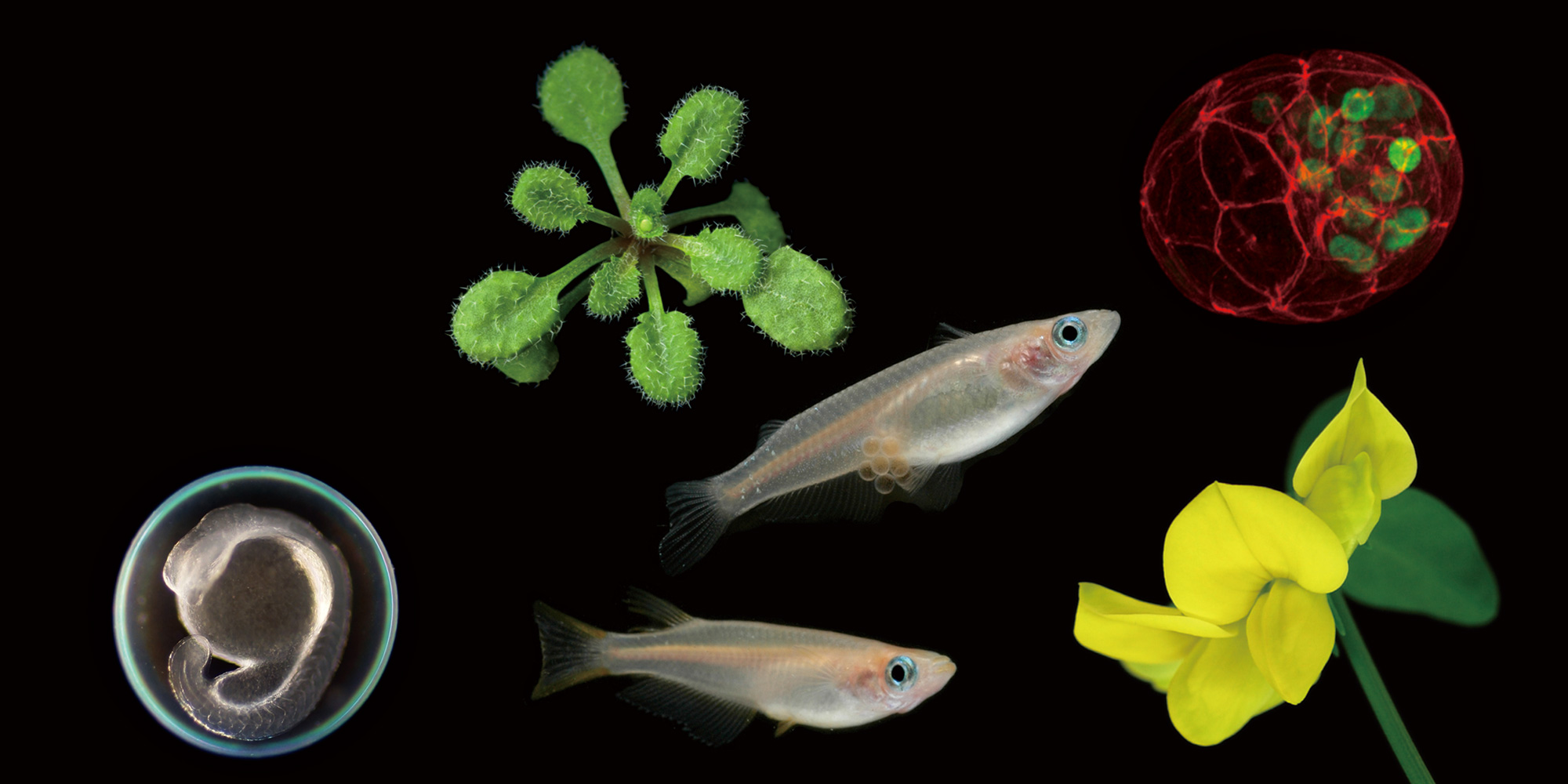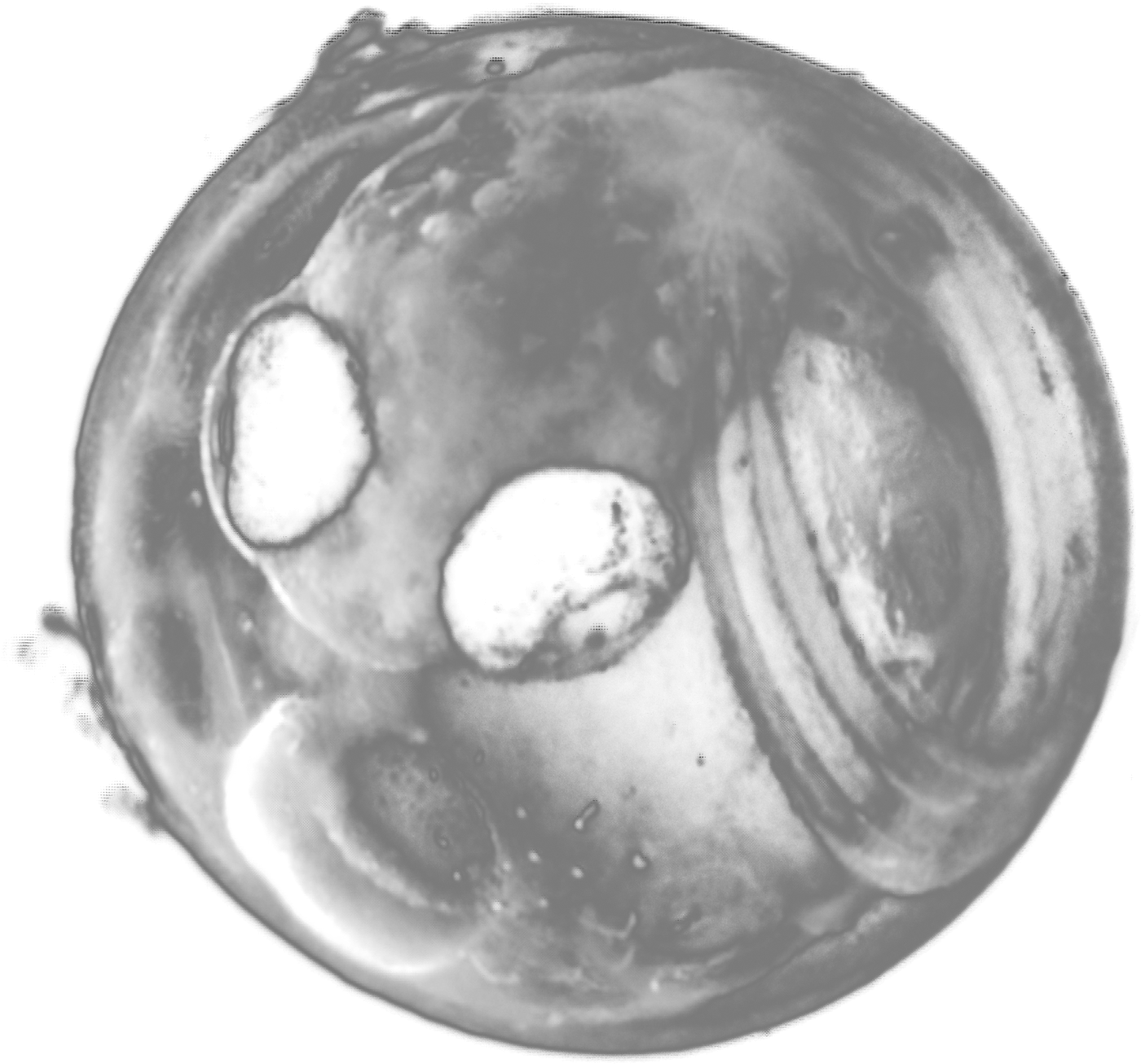2024.06.07 所長招聘セミナー
Origin of the London Underground mosquito, Culex pipiens bioform molestus
イエカ (Culex pipiens) の行動多型の進化ゲノミクス:人類と蚊の進化の歴史
Dr. Yuki Haba (羽場優紀博士、Princeton University/Harvard University)
2024年06月07日(金) 10:00 より 11:30 まで
Zoomオンライン(Zoom情報はメールで案内されます)
バイオイメージング解析室 上野 直人(7570)
The northern house mosquito Culex pipiens is found in temperate regions across the world and is a primary vector of important diseases such as West Nile fever and lymphatic filariasis. The species comprises two morphologically indistinguishable ‘bioforms’ that exhibit an array of behavioral and ecological differences. The most striking behavioral difference involves biting preference: form pipiens primarily feeds on birds while form molestus frequently bites mammals, including humans. The origin of molestus is particularly contentious, with iconic populations from the London Underground subway system being held up by evolutionary biologists as a preeminent example of rapid urban adaptation and speciation. We know very little, however, about the precise origin and evolutionary history of each form, including where and when they originated and dispersed across the world.
To gain a comprehensive picture of the genomic variation and evolutionary history of Cx. pipiens bioforms, we established PipPop, the Culex pipiens population genomics project. We initiated collaborations with ~100 groups across the globe to assemble more than 12,000 samples and then generated whole-genome sequence data of 800 mosquitoes from 46 countries across six continents. Most excitingly, our study revealed key insights into the origins of human-biting behavior in this species. Our genomic data found little support for the popular hypothesis that molestus evolved recently in the London Underground. Instead, the genomic data strongly suggest that molestus evolved in Egypt or nearby areas of the Middle East. The human-biting molestus likely diverged from Mediterranean pipiens 2,000-10,000 years ago, indicating that the rise of intense agriculture and dense human populations in the Middle East drove the evolution of the human-adapted form. Together, our study has provided novel insights into the evolutionary processes driving human-biting behavior in mosquitoes and has important implications for future public health efforts.
※The seminar will be conducted in English. Questions will be accepted in Japanese.
約1時間のセミナーの後、プリンストン大学での留学生活などについて紹介いただき、交流する時間を設けます。留学を考えている大学院生の方も含め、皆様是非ご参加ください。
After the one-hour seminar, Dr. Haba will stay on-line to introduce and exchange information about study at Princeton University. Graduate students who are considering studying abroad are welcome to attend.







